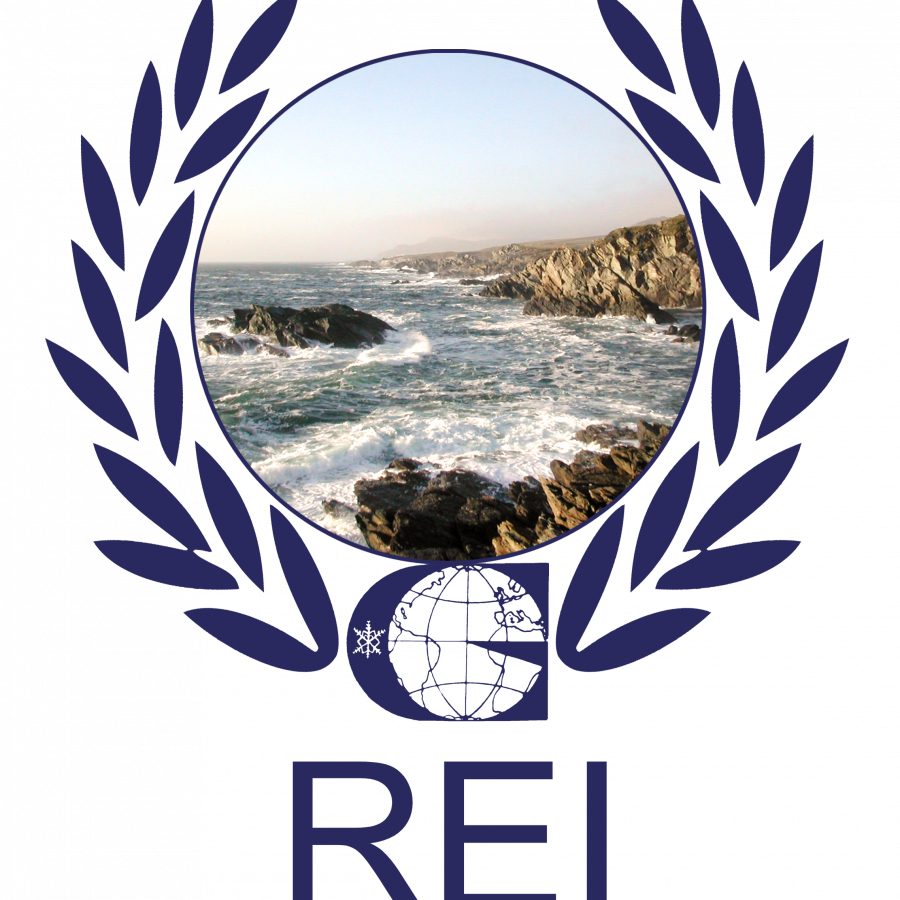The Personal Assistant Diploma – Level 3 Course is designed to give an overview of the key areas of business understanding and abilities that are needed within the role of a Personal Assistant (PA) or Personal Secretary (PS). The role of a Personal Assistant can vary quite a bit but can be generalised as someone who will assist in the daily business or personal tasks on the behalf of a Senior Manager. The practical roles required are much more than sound administrative skills and the role requires strong personal skills and a firm grasp of business requirements and procedures.
The position of the Personal Assistant is a strong example that demonstrates that for a professional to add value at work is not only about competence in individual job role, but is also about understanding issues within the broader context of business.
On successful completion of this course, students will receive an accredited Level 3 Certificate Award.
The Personal Assistant Course Includes The Following Units:
Unit 1 – Understanding Organisations
The learning objectives of this module are to: Understand the management role in an organisation, Explain what is meant by the business environment and how it impacts on an organisation, Explain the nature and scope of corporate strategy, and understand the strategic planning process, Explain how an organisation may structure its various functions and activities, Understand what is meant by organisational culture and how it impacts on business performance.
Unit 2 – Professional Approach to Work
The learning objectives of this module are to: Define professionalism and explain the role of the professional, Understand how the professional employee adds value to an organisation, Identify the various sources of internal personal effectiveness, Understand what is meant by professional and business ethics, Explain the concept of corporate social responsibility, Understand the essential ingredients of professional development.
Unit 3 – Communication
The learning objectives of this module are to: Understand the purpose and importance of effective communication, Explain the process and cycle of communication, Identify the various kinds of workplace communication and how it is sent, Understand how to communicate effectively to others, Be able to use properly the main methods of business writing.
Unit 4 – Time Management
The learning objectives of this module are to: Understand the dilemma and concept of time, Explain the importance of effective time management, Demonstrate how time management problems may be identified, Identify the causes of ineffective use of time, Describe the strategies to make best use of time, Outline the benefits to be gained by effective use of time.
Unit 5 – Managing Business Information
The learning objectives of this module are to: Understand why it is important for organisations to maintain business records, Identify how data may be gathered, interpreted and presented, Explain the legislative requirements relating to the storage of personal data, Outline the key conventions and main elements of financial accounting, Explain the purposes of budgets and the approaches to preparing budgets, Distinguish between the different types of costs that exist.
Unit 6 – Office Management Systems and Procedures
The learning objectives of this module are to: Understand the ways in which organisations may be structured, Explain the use of various key management processes, Identify the effective use of office administrative systems and procedures, Explain how to plan and design office administrative procedures, Explain the correct procedures for conducting effective business meetings.
Unit 7 – Customer Service
The learning objectives of this module are to: Understand the importance and benefits of valuing customers, Identify the different types and categories of customers that exist, Explain how to recognise and meet customers’ needs and expectations, Identify and understand the main consumer legislation that exists, Understand how to effectively handle customer complaints and problems, Outline how to plan and manage the organising of a conference or event.
Unit 8 – Working With Others
The learning objectives of this module are to: Understand the importance of effective teams at work, Explain the various teams that may exist in organisations, Explain how the development needs of others at work may be identified, Understand what is meant by employee consultation, Explain what is meant by being assertive in front of others, Outline the techniques for speaking effectively in a group situation.
Unit 9 – Legal and Regulatory Requirements
The learning objectives of this module are to: Identify the main legislation relating to health and safety at work and its impact on the employment relationship, Explain the duties of employers and employees relating to health and safety, Explain the issues relating to the forming of a contract of employment, Describe the main areas of statutory employment legislation and anti-discrimination legislation, Describe the main legislation relating to the disclosure and access of information in the workplace.
Unit 10 – Handling Difficult Situations
The learning objectives of this module are to: Understand what conflict is and how it may affect workplace relationships, Explain the approaches available to assist employees who have personal problems or concerns, Explain the procedures to deal with situations of discipline and grievance, Understand what stress is and the strategies available to manage stress, Identify specific communication skills required to handle difficult situations.
Course Duration & Support:
Students may register at any time and have a full year to complete their studies. As the course is self-study, you can complete in as little or as long a time as you prefer. You also have access to a personal tutor by mail or email for a 12 month period and our student support team is available for any other queries that you may have whilst completing your course.
Assessment:
You will be assessed on coursework which is detailed in the course materials. Most coursework consists of a series of tutor marked assignments and will lead you to the NCFE Personal Assistant Certificate. Your work can be sent back to your course tutor by email or by post.
To find out more about The Personal Assistant Course visit course provider website.



















Leave a Comment